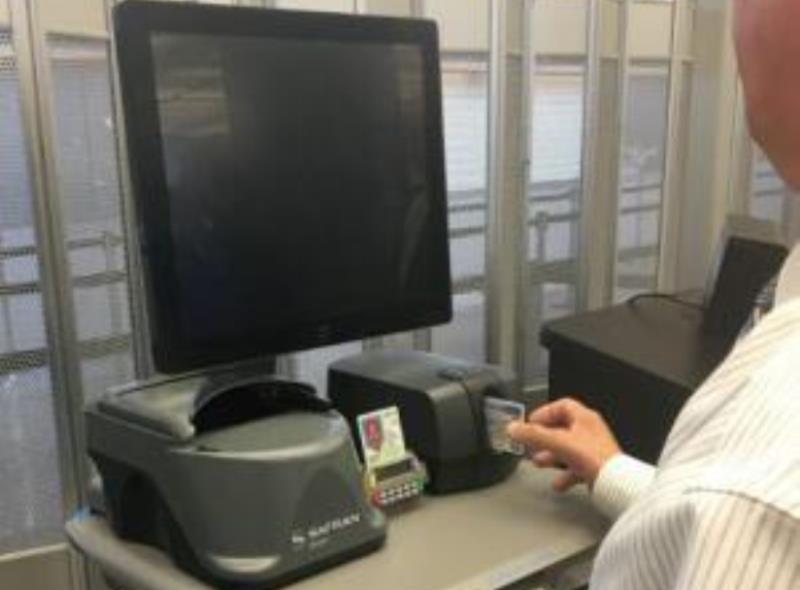
The US Transportation Security Administration (TSA) has deployed new credential authentication technology at Boston Logan International Airport (BOS).
The technology is capable of verifying the identification (ID) of a traveller and confirming their flight information in near real time.

Discover B2B Marketing That Performs
Combine business intelligence and editorial excellence to reach engaged professionals across 36 leading media platforms.
Last year, Boston Airport became the first US airport to test the credential authentication technology (CAT) scanners.
TSA has currently installed 25 CAT units at the airport.
A TSA officer will scan the traveller’s ID using the CAT unit, which will then inform the officer of the ID’s validity.
The unit also checks if the passenger has been pre-screened by the airline agent, meaning that passengers will not have to produce their flight boarding passes again.

US Tariffs are shifting - will you react or anticipate?
Don’t let policy changes catch you off guard. Stay proactive with real-time data and expert analysis.
By GlobalDataThe technology is aimed at boosting the security personnel’s capabilities to identify the use of fake documents at the security area.
The CAT units can verify around 2,500 types of ID, including passports, military common access cards and retired military ID cards.
Worth around $27,000, each CAT unit features a passport reader, ID card reader, a Federal personal identity verification ID card reader, a monitor, a stand and a UV light.
By the end of this month, TSA aims to install around 500 CAT units at 40 airports across the country. However, the units will not be fitted at each checkpoint lane.
TSA Massachusetts federal security director Bob Allison said: “The technology enhances detection capabilities for identifying fraudulent documents such as driver’s licenses and passports at checkpoints and increases efficiency by automatically verifying passenger identification.
“The system will also confirm the passenger’s flight status in near real time through a secured connection.”
In October, Leidos secured a follow-on contract from TSA to maintain equipment used to carry out checkpoint screening operations.



